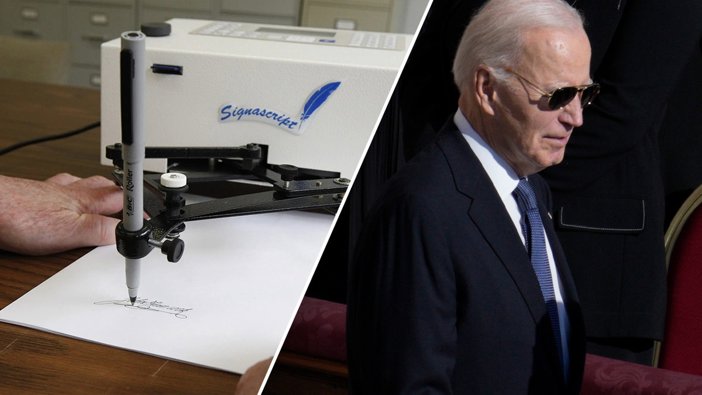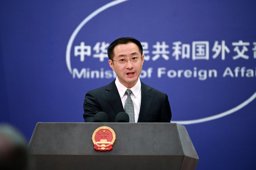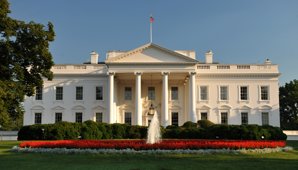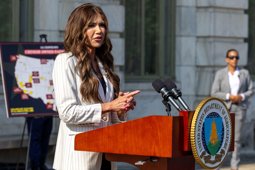
Biden Autopen Probe Intensifies as Oversight Expands
White House, DOJ, and Congress launch probes into Biden’s use of autopen amid rising concerns over presidential authority and mental fitness.
Federal Inquiries Widen Into Autopen Use
The White House, Department of Justice, and congressional committees are conducting sweeping investigations into Joe Biden’s use of the autopen for presidential actions during his term in office, as controversy intensifies over the legality and transparency of the former president’s decision-making process. These efforts follow months of rising concern about Biden’s mental acuity and who exercised executive authority behind closed doors.
Constitutional scholar Randy Barnett ignited debate by labeling the situation the “biggest constitutional scandal in US history.” Barnett argued, “Having the executive branch systematically run by unknown subordinates of a mentally incompetent president is the biggest constitutional scandal in US history—it’s called into question the legality of official acts done in his name but without proper authority.”
Barnett’s remarks came in response to Biden’s New York Times interview, in which the former president defended delegating his signature to aides via autopen for mass pardons and clemency decisions. Biden stated he approved criteria for large-scale pardons but did not individually review each name, saying, “I made every decision,” while acknowledging, “there were a lot of them.”
White House, DOJ, and Congress Launch Investigations
The White House Counsel’s Office, working with the Justice Department, is now leading a review of more than one million documents tied to Biden’s use of the autopen, officials said. The probe is focused on clarifying who authorized executive actions and whether unelected staffers acted without direct presidential consent. National Archives and Records Administration has already provided over 27,000 records, with hundreds of thousands more to come. “The president’s signature is one of the most important signatures in the world,” a senior official emphasized, underscoring the stakes of the investigation.
Press secretary Karoline Leavitt said, “Joe Biden was the worst, most incompetent, and senile president in our country’s history. It has been widely reported that Joe Biden handed the power of the presidency to an autopen controlled by unelected leftist staffers, who were allowed to make terrible decisions that destroyed our country.”
At the same time, the House Oversight Committee, led by Chairman James Comer, has issued subpoenas to former top Biden aides, including Annie Tomasini, seeking testimony on the president’s mental state and the role of White House staff. Comer’s inquiry, citing “newfound details regarding President Biden’s obvious decline,” aims to uncover who actually made key decisions during Biden’s administration and whether legislation should revisit the oversight of presidential fitness under the Twenty-Fifth Amendment.
Scandal Fuels Political and Legal Debate
Public debate grew sharper after NBC News drew a comparison between Comer’s digital signature on committee letters and the Biden autopen case—a contrast Comer and others quickly dismissed as “apples-to-oranges.” Critics argue the core issue is not mere use of a mechanical signature, but whether Biden’s staff authorized actions without his awareness or approval.
While Biden’s defenders insist that he directed all actions and that the autopen was used for efficiency, documents and interviews suggest that staff wielded substantial influence—especially during large-scale pardons, including for family members and prominent officials. House Republicans accuse the prior administration of a cover-up, alleging that White House staff used the autopen to mask the president’s decline and drive policy without transparency or accountability.
As investigations continue, Congress, the White House, and the Department of Justice are under mounting pressure to clarify the boundaries of executive authority and the legitimacy of Biden-era presidential actions. Lawmakers warn that the findings could have far-reaching implications for constitutional oversight and public trust in government, as they consider reforms to safeguard the office of the president in future administrations.






